Course Information
About
This course gives a solid understanding of the principles and abstractions used in computer systems and machine programs using C. Towards this aim, it covers a broad range of topics, providing students with an in-depth perspective and programming experience regarding the basic topics of C language and how programs are formed and executed at the microprocessor-level.
Upon the completion of COMP201, student will be able to (1) demonstrate proficiency in writing C programs that require effective memory management, (2) gain a deep knowledge of the compilation flow and runtime behavior of C programs, (3) have a clear understanding of computer arithmetic in a modern computing system, (4) recognize the relationship between a C program and its assembly translation, and (5) gain a general sense of working in a Unix environment as a power user, getting familiar with shell tools, version control systems, compilers, debuggers, profilers.
The course is taught by Aykut Erdem, Nafiseh Jabbari Tofighi, Osman Batur Ince, Doga Kukul, Yusuf Bayindir, Muhammed Burak Kizil, Ahmet Mert Yazici, Yamac Omur, Omer Burak Duran, Tufan Kivanc Kurt, Mustafa Meric Kasap, Eda Guven.



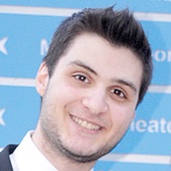
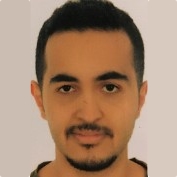
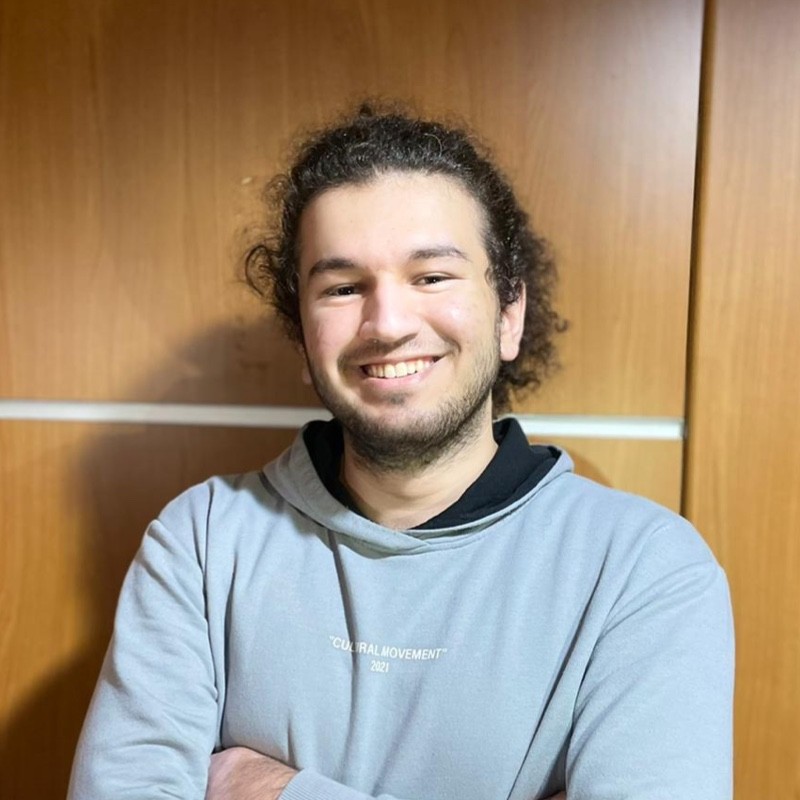

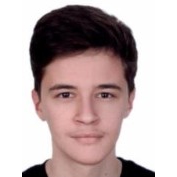
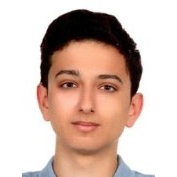
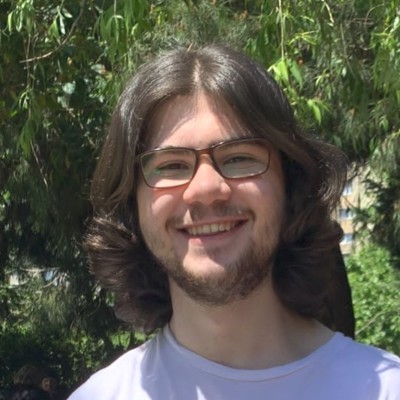


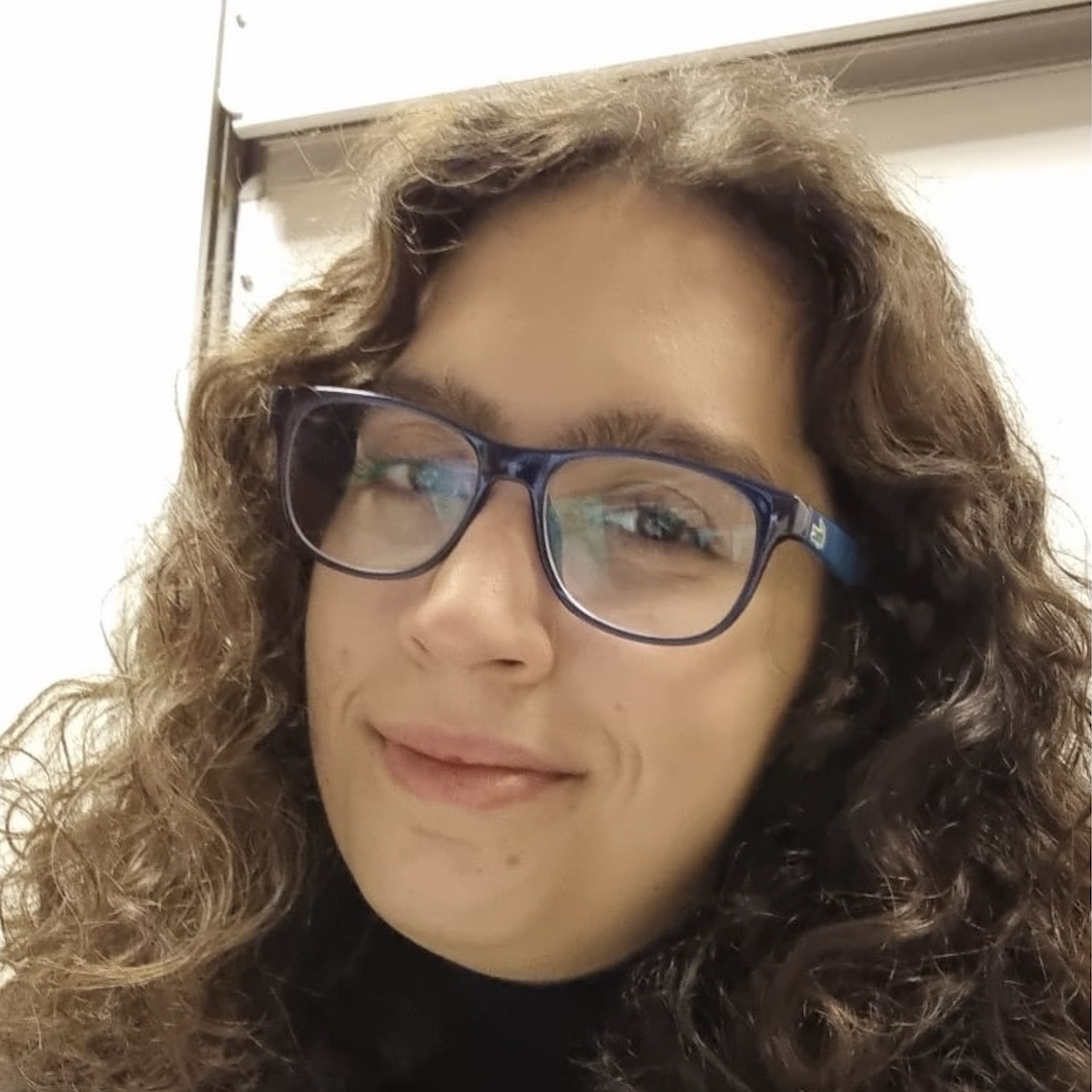
Time and Location
Lectures: Monday, Wednesday at 10:00-11:10 (Sevgi Gönül Auditorium)
Labs: Friday at 12:00-13:40 (Lab A) (SNA B242), 08:00-09:40 (Lab B) (SNA B242), 16:00-17:40 (Lab C) (ENG128)
Reference Books
- Randal E. Bryant and David R. O’Hallaron, Computer Systems: A Programmer’s Perspective, Third Edition, Pearson, 2016
- The C Programming Language, Kernighan and Ritchie
- Nick Parlante, Essential C, Stanford CS Library, 2003
- Nick Parlante, Julie Zelenski and others, Unix Programming Tools, Stanford CS Library, 2001
- Anish Athalye, Jon Gjengset and Jose Javier Gonzalez Ortiz, The Missing Semester of Your CS Education, MIT, 2020
Policies: All work on assignments must be done individually unless stated otherwise. You are encouraged to discuss with your classmates about the given assignments, but these discussions should be carried out in an abstract way. That is, discussions related to a particular solution to a specific problem (either in actual code or in the pseudocode) will not be tolerated.
In short, turning in someone else’s work, in whole or in part, as your own will be considered as a violation of academic integrity. Please note that the former condition also holds for the material found on the web as everything on the web has been written by someone else.
Communication
The course webpage will be updated regularly throughout the semester with lecture notes, presentations, assignments and important deadlines. All other course related communications will be carried out through Blackboard.
Pre-requisites
COMP201 is open to second-year undergraduate students. Non-COMP students should ask the course instructor for approval before the add/drop period. The prerequisites for this course is COMP 132 - Advanced Programming.
Course Requirements and Grading
Grading will be based on
- 9 labs (your lowest 2 scores dropped, no make-up) (31.5%),
- 5 programming assignments (22.5%) (Assignment0 2.5%, the others 5% each),
- Class participation (5%)
- Midterm exam (20%), and
- Final exam (21%)
Schedule
| Date | Topic | Notes |
| Oct 2 | Introduction. Course logistics, A tour of C programs (slides) (code) | B&O 1 Additional Reading: The Strange Birth and Long Life of Unix, Warren Toomey, IEEE Spectrum, 28 Nov 2011 “A damn stupid thing to do”—the origins of C, Arstechnica |
| Oct 4 | Bits and Bytes, Representing and Operating on Integers (slides) (code) | B&O 2.2-2.3 Additional Readings:
|
| Oct 6 | Bootcamp: Programming with C and Git basics (slides) | |
| Oct 9 | Bits and Bitwise Operators (slides) (code) | B&O 2.1 |
| Oct 11 | Floating point (slides) (code) Assg0 out: Getting Started with Unix and C |
B&O 2.4 Additional Reading: What Every Computer Scientist Should Know About Floating-Point Arithmetic, David Goldberg, ACM Computing Surveys, 23(1), 1991 Demos: |
| Oct 13 | Lab 1: The Linux Shell (slides) | MIT MS The Shell Stanford CS107 Unix videos 1-15, 24, 25 |
| Oct 16 | Chars and Strings in C (slides) (code) | K&R 1.9, 5.5, Appx B3 |
| Oct 18 | More Strings, Pointers (slides) (code) Assg0 in, Assg1 out: Strings in C |
K&R 1.6, 5.5, Essential C 3 (strings and string.h library functions, The mechanics of pointers and arrays) |
| Oct 20 | Lab 2: Bits, Ints and Floats, Vim (slides) | MIT MS Editors (Vim) Stanford CS107 Unix videos 28 |
| Oct 23 | Arrays and Pointers (slides) (code) | K&R 5.2-5.5, Essential C 6 (Advanced pointers) |
| Oct 25 | The Stack and The Heap (slides) | K&R 5.6-5.9, Essential C 6 (The heap) |
| Oct 27 | Lab 3: C-Strings and Valgrind (slides) | Stanford CS107 Unix videos 26 |
| Oct 30 | Realloc, Memory Bugs (slides) (code) | K&R 5.6-5.9, Essential C 6 (The Heap) |
| Nov 1 | void *, Generics (slides) (code) Assg1 in, Assg2 out: Heap Management |
K&R 5.6-5.9, Essential C 6 (The Heap) |
| Nov 3 | Lab 4: Arrays/Pointers and GDB (slides) | Stanford CS107 Unix videos 27 Harvard CS50 short on GDB |
| Nov 6 | Function Pointers (slides) (code) | K&R 5.11 |
| Nov 8 | const, Structures (slides) (code) | K&R 6.1-6.7 |
| Nov 10 | No labs this week | |
| Nov 13 | No class - Winter break | |
| Nov 15 | No class - Winter break | |
| Nov 17 | No lab this week - Winter break | |
| Nov 20 | Compiling C programs (slides) (code) | Stanford Unix Programming Tools 1 |
| Nov 22 | Introduction to x86-64, Data Movement (slides) (code) Assg2 in |
B&O 3.1-3.4 Additional reading:
|
| Nov 24 | Lab 5: Structs, Working with multiple files, writing your own Makefiles (slides) | |
| Nov 27 | Arithmetic and Logic Operations (slides) | B&O 3.5-3.6 |
| Nov 29 | x86-64 Control Flow (slides) | B&O 3.6.1-3.6.2 |
| Dec 1 | No lab this week | |
| Dec 2 | Midterm Exam (Midterm Exam Guide) | |
| Dec 4 | More Control Flow (slides) | B&O 3.6.3-3.6.8 |
| Dec 6 | x86-64 Procedures (slides) (code) Assg3 out: Defusing a Binary Bomb |
B&O 3.7 |
| Dec 8 | Lab 6: Machine Programming with Assembly (slides) | |
| Dec 11 | Data and Stack Frames (slides) | B&O 3.8-3.9 |
| Dec 13 | Security Vulnerabilities (slides) (code) | B&O 3.10 Additional Reading: Smashing the Stack for Fun and Profit, Aleph One |
| Dec 15 | Lab 7: Runtime Stack (slides) | |
| Dec 18 | Cache Memories (slides) | B&O 6.1-6.4.2 |
| Dec 20 | More Cache Memories (slides) Assg3 in |
B&O 6.4-6.7 Demos: Cache Simulator |
| Dec 22 | No labs this week | |
| Dec 25 | Optimization (slides) (code) | B&O 5 |
| Dec 27 | Linking (slides) Assg4 out: Buffer Overflow Attacks< |
B&O 7 |
| Dec 29 | Lab 8: Memory organization (slides) | |
| Jan 1 | No class - New Year's Day | |
| Jan 3 | Managing The Heap (slides) | B&O 9.9 |
| Jan 5 | Lab 9: Code Optimization (slides) | |
| Jan 8 | More Heap Allocators (slides) | B&O 9.10 |
| Jan 10 | Wrapping Up (slides) Assg4 in |
|
| Jan 12 | No labs this week | |
| Jan 24 | Final Exam (Final Exam Guide) |
Resources
- Docker container for a development environment in COMP201
- Stanford CS107 Reader
- COMP201 Coding Style Guide for C Programming
- Guide on using LinuxPool
- UNIX Tutorial for Beginners
- Unix/Linux Command Reference
- Vi/Vim Cheat Sheet
- Harvard CS61 GIT Guide
- Stanford CS107 Valgrind Guide
- Brown CSCI0330 gdb Cheatsheet
- Stanford CS107 Guide to Make
- Stanford CS107 Guide to x86-64
- CMU 15-213 x86-64 Machine-Level Programming
- Stanford CS107 x86-64 Reference Sheet